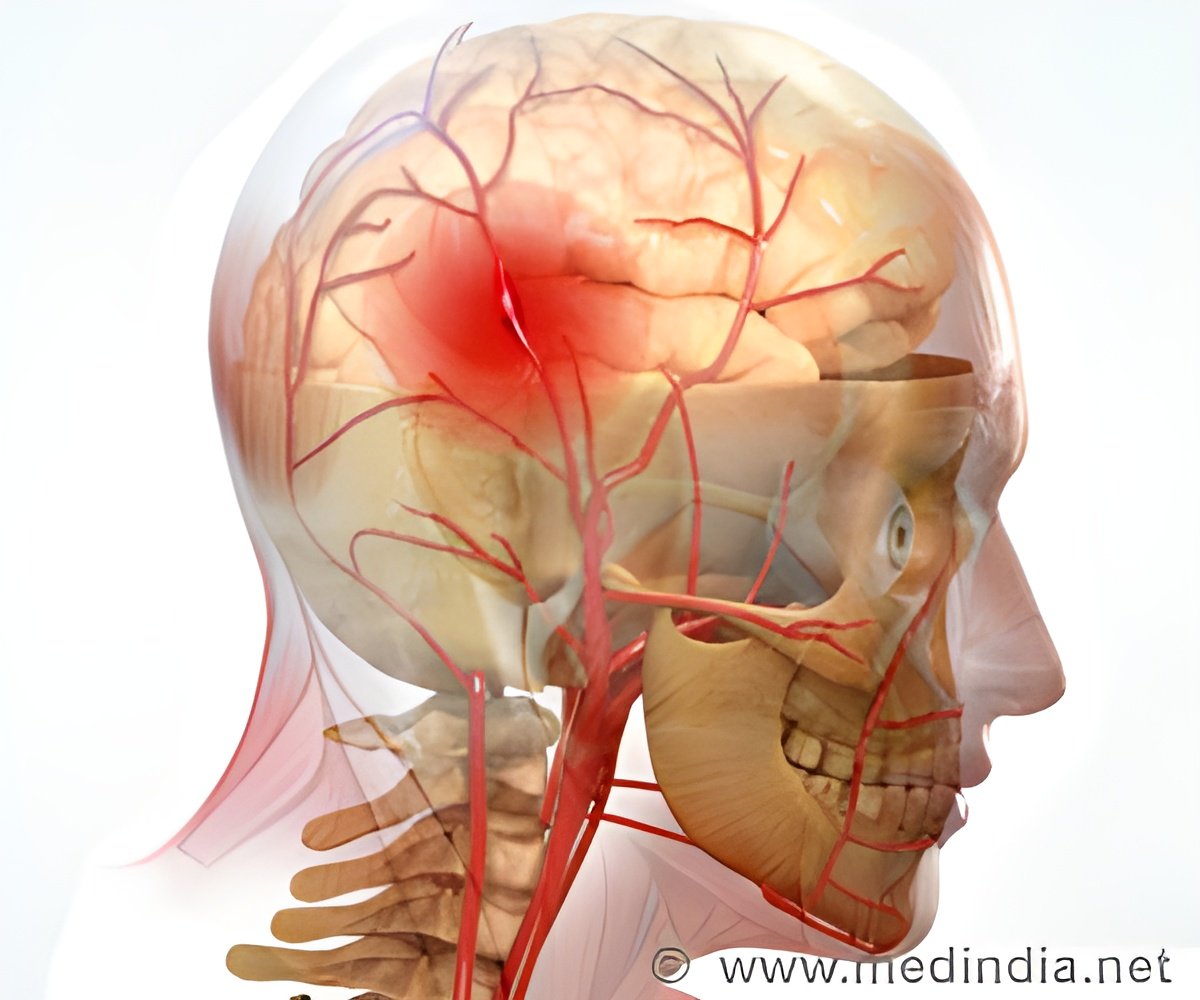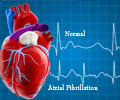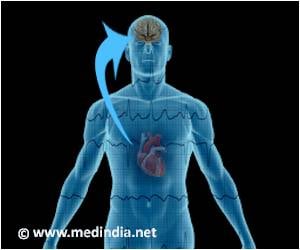Screening is needed to identify atrial fibrillation patients with no symptoms so that stroke prevention treatment can be given.

‘People with non-valvular atrial fibrillation with few or no symptoms are more likely to have had a stroke before diagnosis than symptomatic atrial fibrillation patients.’





"Strokes in patients with non-valvular atrial fibrillation tend to be particularly severe and disabling, with about half of patients dying within one year," said lead author Dr Steffen Christow, a cardiologist at Hospital Ingolstadt GmbH, Ingolstadt, Germany."Appropriate anticoagulant therapy substantially reduces the risk of stroke, but in many cases non-valvular atrial fibrillation is only diagnosed after a patient has had a stroke," he continued. "When patients are unaware of their atrial fibrillation they remain untreated and unprotected from a stroke."
GLORIA-AF (Global Registry on Long-Term Oral Antithrombotic Treatment in Patients with Atrial Fibrillation) is a large, multinational, prospective registry program involving patients with newly diagnosed non-valvular atrial fibrillation. This sub-analysis compared characteristics between symptomatic and asymptomatic patients in Western Europe.
The study included 6,011 consecutively enrolled patients with non-valvular atrial fibrillation in Western Europe. Symptom status was defined by the European Heart Rhythm Association (EHRA) score: I-II asymptomatic/minimally symptomatic; III-IV symptomatic.
A total of 4,119 patients (two-thirds) were asymptomatic/minimally symptomatic (hereafter referred to as 'asymptomatic') and one-third (1,892) were symptomatic at the time of diagnosis. A number of differences were observed between the two groups.
Advertisement
Dr Christow said, "The finding of a higher rate of the previous stroke in the asymptomatic patients despite no differences in the number of stroke risk factors may be explained by a longer but undiagnosed history of atrial fibrillation."
Advertisement
Dr Christow concluded: "These results underline the urgent need for public programs to detect atrial fibrillation in the general population."
Source-Eurekalert















